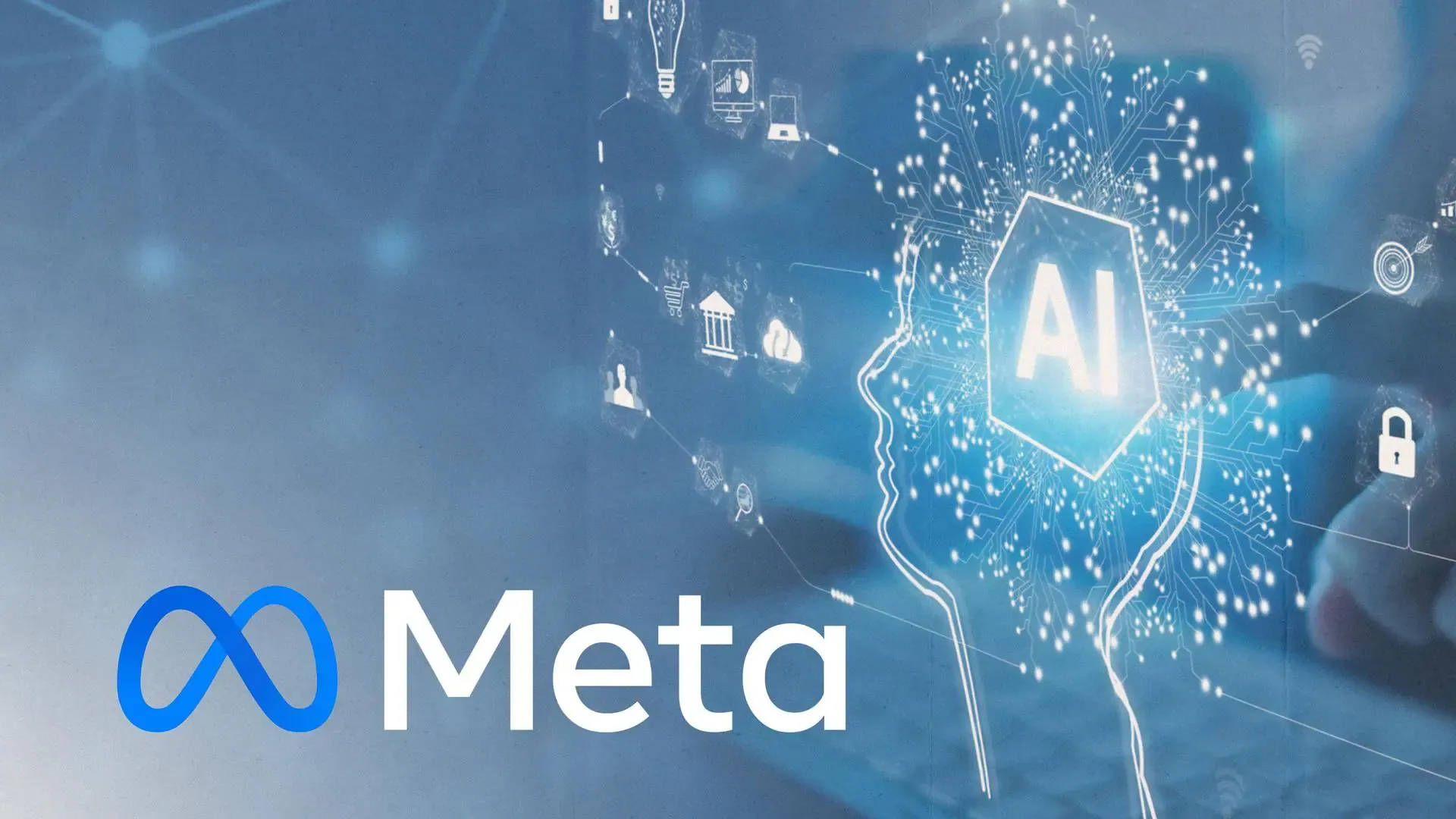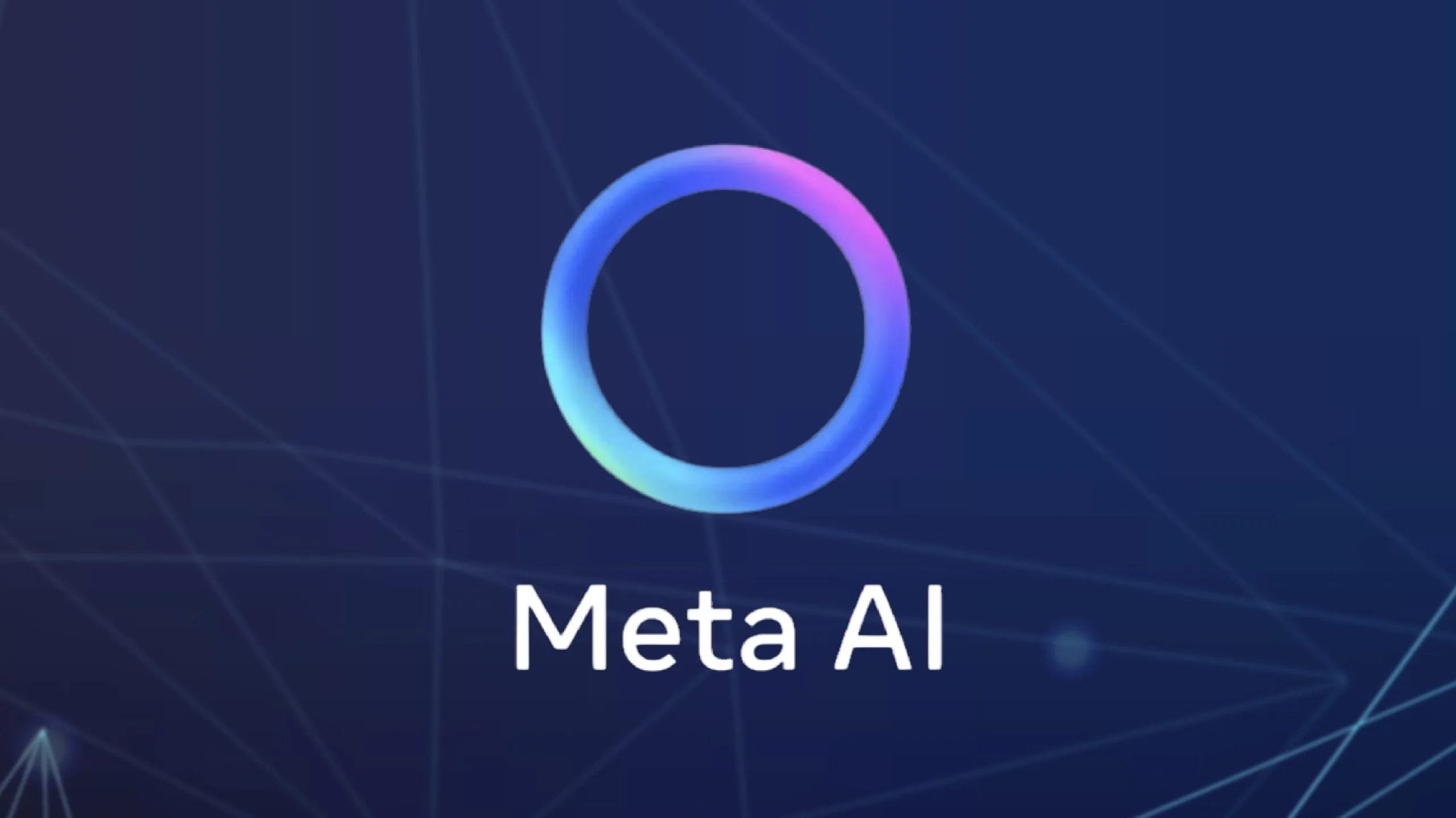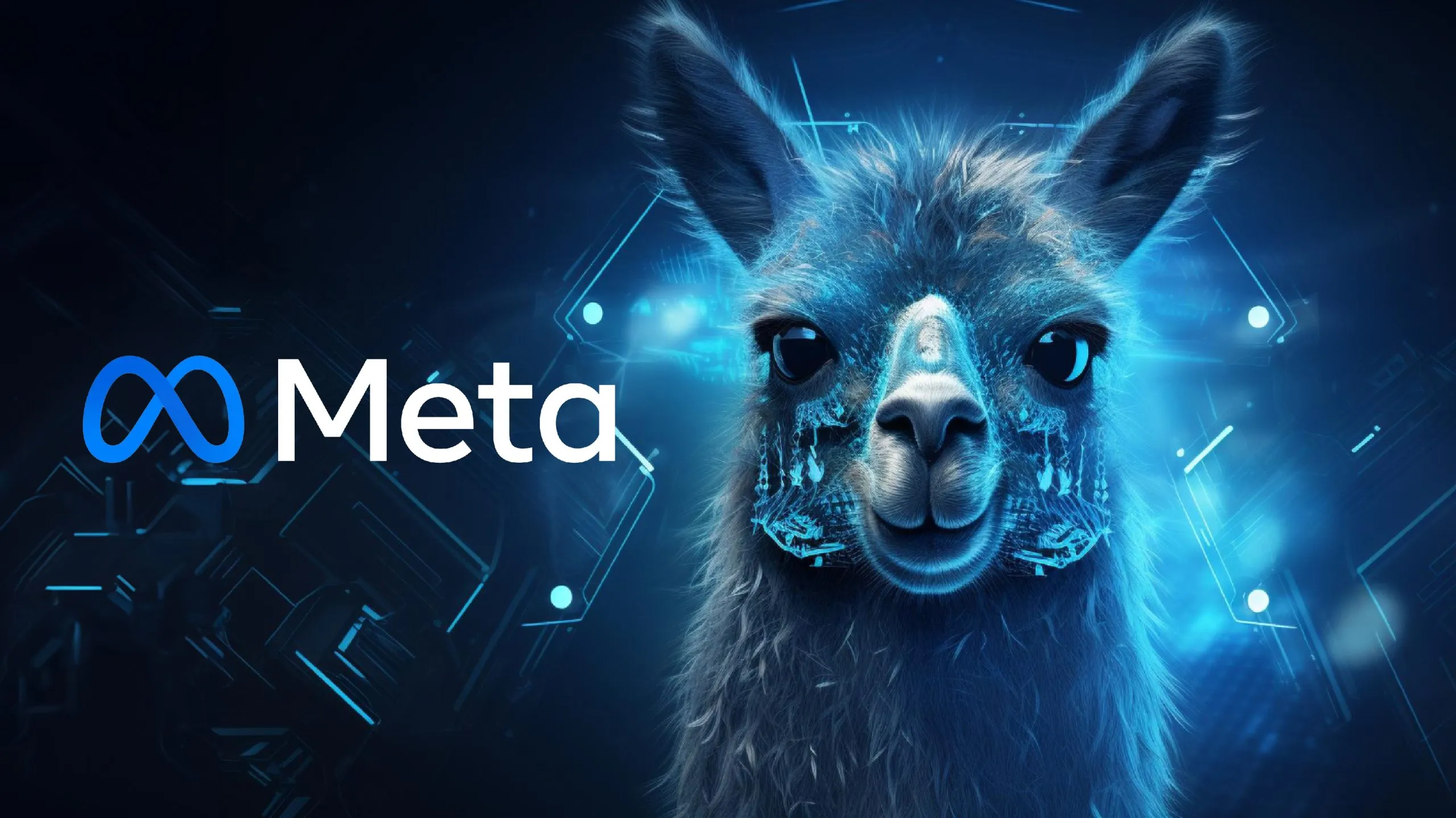Meta AI: Transforming the Digital Landscape with Cutting-Edge Artificial Intelligence

Meta AI: Transforming the Digital Landscape with Cutting-Edge Artificial Intelligence
In today’s rapidly advancing digital world, artificial intelligence (AI) is no longer a futuristic concept; it is an integral part of everyday technology. Among the most groundbreaking innovations in AI is Meta AI, the sophisticated artificial intelligence initiative spearheaded by Meta (formerly known as Facebook). As Meta continues to lead in the realm of social media, digital communications, and virtual reality, Meta AI has proven to be a pivotal force in redefining how we interact with technology, harness data, and experience online ecosystems. Here at Modyolo, we delve deep into the impact of Meta AI, exploring its key features, developments, and the myriad of applications that make it an essential component of our digital future.
Meta AI: Paving the Path for Future Innovations in Technology
Meta AI stands as one of the most formidable forces shaping the future of digital interactions, AI research, and advanced technology. Through years of rigorous research and innovation, Meta has been pushing the boundaries of what AI can achieve. The company’s extensive focus on AI encompasses various sectors, from computer vision and machine learning (ML) to natural language processing (NLP) and virtual assistants. The overarching goal of Meta AI is to enhance user experience by predicting behaviors, providing personalized content, and enabling technologies such as augmented reality (AR) and virtual reality (VR) to function seamlessly.
One of the central pillars of Meta AI is its commitment to creating autonomous systems capable of understanding, learning, and adapting without constant human input. This self-learning capability is not just limited to automation but extends to creating predictive models that can adapt based on user behavior, thus improving online experiences across a range of Meta’s platforms like Facebook, Instagram, WhatsApp, and the company’s new ventures in the metaverse. Meta AI’s capabilities in machine learning have already begun reshaping marketing, e-commerce, entertainment, and social interaction—transforming not just the way we use apps but the way we connect and engage with the world around us.
The Expansive Reach and Versatility of Meta AI Technologies
At the heart of Meta AI’s power lies its vast ecosystem of technologies that cover a multitude of domains, each more advanced than the last. From Meta’s virtual reality platform, Oculus, to the machine learning algorithms that power Facebook’s content feed, Meta AI has evolved into an essential backbone for several of the company’s key operations. Let’s break down some of the most powerful aspects of Meta AI that continue to dominate global searches and capture the imaginations of users and tech experts alike.
1. Natural Language Processing (NLP): Bridging Communication Gaps
One of the standout features of Meta AI is its incredible advancements in Natural Language Processing (NLP). NLP is the area of AI that focuses on enabling computers to understand, interpret, and generate human language. Meta AI has pushed NLP capabilities to new heights, improving everything from the automated translation of content across languages to smarter and more personalized virtual assistants that can understand conversational context with greater accuracy.
This shift has had a profound impact not only on the user experience but also on global communications. For instance, Meta’s ability to break down language barriers has made communication between people from different linguistic backgrounds far more accessible. Whether it’s through translating posts on Facebook or offering multilingual support in Meta’s messaging apps, NLP has become one of the most powerful tools in Meta AI’s arsenal.
2. Machine Learning and Predictive Analytics: Redefining Personalization
Machine learning (ML) is at the core of Meta AI, and its implementation in predictive analytics is one of the primary drivers of the platform’s success. By analyzing massive amounts of user data, Meta AI can predict what content users will engage with and provide personalized suggestions that enhance their overall experience. This has resulted in an unparalleled level of content personalization on platforms like Facebook and Instagram, where users are presented with targeted ads, posts, and recommendations based on their past interactions, preferences, and behavior.
For advertisers, the ability to create hyper-targeted campaigns is invaluable. Meta AI’s machine learning models provide detailed insights into user behavior, allowing businesses to refine their strategies, reach the right audience, and optimize their campaigns for maximum impact. Predictive analytics also plays a crucial role in detecting trends, enabling businesses to stay ahead of market shifts, capitalize on emerging opportunities, and fine-tune their marketing strategies in real-time.
3. Augmented Reality (AR) and Virtual Reality (VR): Redefining User Engagement
Meta’s ambitious plans to reshape the way we interact with the digital world have led to the development of cutting-edge AR and VR technologies. The acquisition of Oculus and the launch of the metaverse represent just the tip of the iceberg when it comes to Meta’s aspirations for these immersive technologies.
Meta AI plays a critical role in ensuring that virtual and augmented reality experiences are not only lifelike but also intuitive and adaptive. By leveraging AI-driven computer vision and spatial recognition technologies, Meta’s VR headsets, such as Oculus Quest, can track users’ movements, understand their gestures, and create interactive environments that feel incredibly real. The potential for businesses, educators, and content creators to utilize AR and VR in conjunction with AI promises to revolutionize industries ranging from gaming and entertainment to education and healthcare.
4. AI-Powered Content Creation: Empowering the Creative Community
Meta AI has also made significant strides in empowering content creators. Through tools like Facebook’s automated content generation and Instagram’s AI-driven photo enhancements, Meta has opened new possibilities for creators to engage with their audiences. AI-powered features like automatic photo and video editing, real-time content suggestions, and targeted social media strategies are simplifying the creative process and making it more accessible for everyone.
Moreover, Meta AI is also transforming the field of video production. The integration of AI-driven video editing software allows creators to generate high-quality content with minimal effort. AI-powered video recommendation systems ensure that content reaches the right audience, driving engagement and fostering growth for creators across all Meta platforms.
5. AI Ethics and Fairness: Navigating the Challenges of Artificial Intelligence
As Meta AI continues to expand, the company remains acutely aware of the ethical concerns that surround AI technology. Issues related to bias, data privacy, and algorithmic transparency have been at the forefront of discussions regarding the future of AI. Meta has taken steps to address these concerns by prioritizing fairness, accountability, and transparency in its AI systems.
For example, Meta has invested in initiatives to reduce bias in its algorithms, ensuring that AI models do not unfairly disadvantage certain groups of users based on their race, gender, or socioeconomic status. Additionally, the company has established guidelines for ensuring that data used to train its AI systems is both representative and ethically sourced. Meta’s ongoing efforts to create a more inclusive and ethical AI ecosystem are critical as the company continues to lead the way in AI development.
Meta AI’s Integration with the Metaverse: A Glimpse into the Future of Digital Interaction
Arguably, the most ambitious goal of Meta AI lies in its integration with the metaverse. The metaverse—an immersive, interconnected virtual universe where users can socialize, work, and play—has been a central focus for Meta. At the heart of this vision is the use of AI to create lifelike virtual environments, assist in human-like avatars, and provide users with a seamless and personalized experience as they navigate these new digital spaces.
In the metaverse, Meta AI’s role is manifold. The AI-powered avatars that users interact with are highly sophisticated, capable of understanding emotions, body language, and contextual cues. This not only enriches the social experience but also enables more meaningful interactions between users, creating a deeper sense of presence. Moreover, AI’s role in the creation of virtual environments, from interactive spaces to personalized digital assets, is pivotal to ensuring that the metaverse becomes a space that adapts to user needs in real-time.
The integration of Meta AI into the metaverse also has the potential to redefine entertainment, commerce, and education. Businesses can create virtual storefronts where users can shop in a fully immersive environment, while educators can use AI to craft personalized learning experiences for students in the metaverse. The possibilities are endless, and Meta AI is leading the charge in making the metaverse a reality.
The Future of Meta AI: What’s Next?
As Meta AI continues to evolve, the possibilities are only beginning to unfold. With ongoing research and development, Meta is focused on pushing the limits of what artificial intelligence can accomplish, integrating new technologies, and tackling emerging challenges. Future advancements in Meta AI could potentially lead to breakthroughs in areas like robotics, self-driving cars, and even more immersive virtual worlds.
Looking ahead, we can expect Meta AI to become even more embedded in the fabric of our digital lives. With the company’s continued focus on creating a more personalized and interactive online experience, Meta AI will undoubtedly shape the future of social media, virtual communication, and digital commerce. The future of Meta AI is poised to be as dynamic and transformative as the technology itself, and the implications for businesses, creators, and users worldwide are profound.
Conclusion: Meta AI at the Forefront of Digital Transformation
In conclusion, Meta AI is more than just a set of advanced algorithms and technologies—it represents the future of artificial intelligence, reshaping how we engage with the digital world. Through advancements in machine learning, natural language processing, augmented and virtual reality, and more, Meta AI is setting the stage for a new era of personalized and immersive digital experiences. Whether you’re a business looking to harness the power of predictive analytics, a creator seeking to leverage AI tools for content creation, or a user excited about the potential of the metaverse, Meta AI is an integral part of our digital evolution.
At Modyolo, we’ll continue to keep you informed on the latest advancements and developments in the world of Meta AI, bringing you the insights you need to stay ahead in an ever-changing technological landscape. The future is here, and Meta AI is leading the charge toward an intelligent, interconnected, and immersive digital future.




